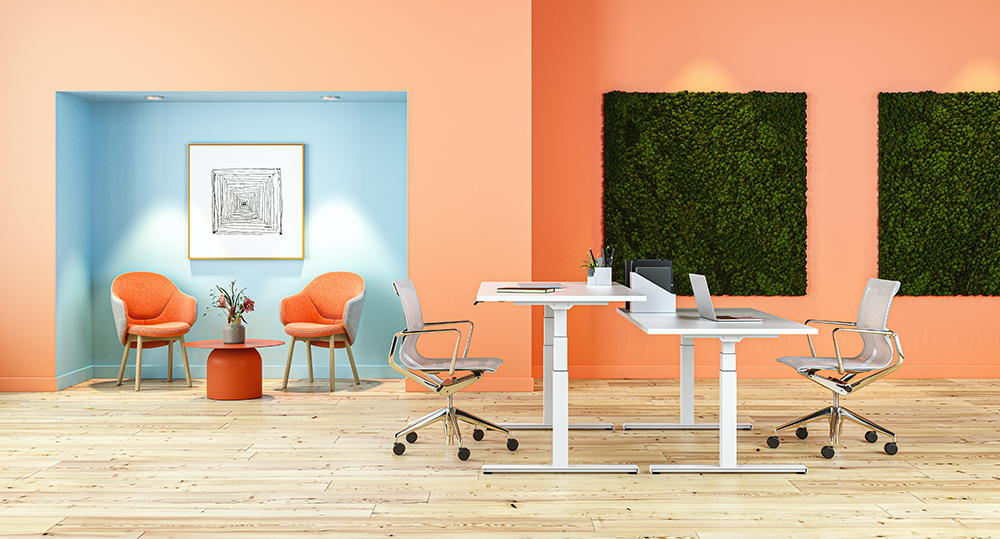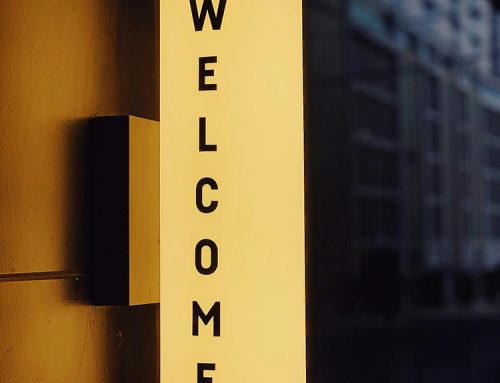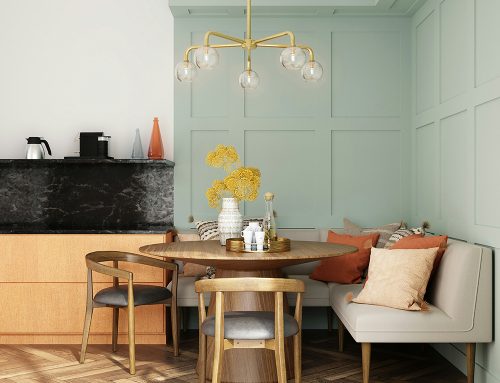Following Rishi Sunak’s recent outcry for young people who are still working from home to return to the office as soon as possible. We’re continuing to discuss the new norm and what this looks like for all concerned. In such bizarre and unnerving times, what we can be sure of is that working from home is not for everyone and it is not for every business. As outlined in our article and short animation ‘Hybrid Working‘ is the compromise many of us need to continue functioning whilst providing options for employees.
As workplace consultants Wylde would argue that the days of being chained to the desk in the office were long gone before the Covid-19 pandemic. It’s so important to be able (and encouraged) to work flexibly. It’s important that motivation, productivity and creativity is embraced and nourished – this means meeting with other departments, sharing ideas and making space for impromptu conversations and brainstorming. This is precisely why we design flexible workplaces that provide a base for employees to drop-in and work efficiently – hot desking, break-out spaces and open-plan work stations are the new norm for modern offices.
Working from home is, of course, limited – you can only do so much. We know that Zoom Fatigue is real and we’re not getting the same spontaneity or connectivity as we do in the workplace. One side of the debate is that, for the youngest employees – their experience of work, now that we’re 18 months into working from home, is actually largely only remote working. Chancellor Sunak has urged young people working from home that returning to the office could be beneficial to their careers based on the experiences of their peers who are more experienced. Many employees further up the career ladder have voiced concerns over the lack of mentoring and advice available to the young people who have never met their colleagues in real life yet!
It does seem that there is real value to being able to physically be in an office but we would suggest that the approach doesn’t need to be all or nothing. Alongside there being advice readily available on how to manage workloads, connect with others, discuss projects and ideas if you’re in the office with others – it’s also beneficial for mental health. Many surveys have suggested that it is indeed the younger workers in their 20s and 30s who are looking forward to returning to the workplace themselves but not on a full-time basis.
We’ve been saying this for many, many years – the days of commuting 5 days a week to spend whole days at the same desk are over! A balance needs to be offered where the art of collaborating and connecting can be nurtured whilst also allowing employees to get their heads down and concentrate wherever they are most productive – be that at home or in the office.






